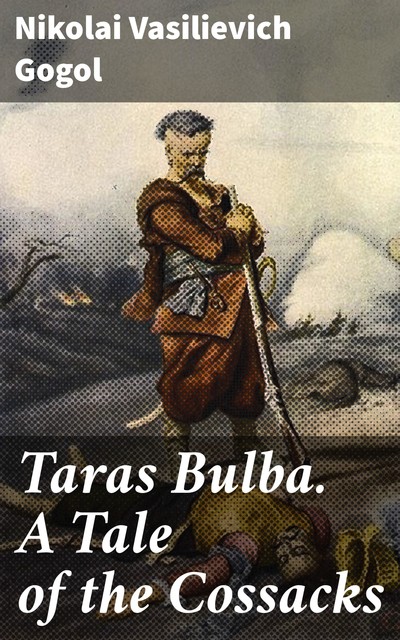In “Taras Bulba: A Tale of the Cossacks,” Nikolai Vasilievich Gogol intricately weaves a narrative that brings to life the fierce spirit and tumultuous history of the Cossacks in 16th-century Ukraine. The book is marked by Gogol's vibrant prose and dramatic irony, reflecting a blend of realism and folklore that captures the essence of Cossack culture. With themes of loyalty, revenge, and the tension between personal and national identity, the novella serves as a rich cultural tapestry, situated within the broader context of Russian literature grappling with national consciousness and romantic nationalism. Gogol, born in the Ukraine to a landowner family, was notably influenced by his heritage and the tumultuous political landscapes of Eastern Europe. His experiences of cultural duality and identity shaped his perspective as a writer, illuminating the struggles of the Cossacks against Polish domination and their fierce independence. This backdrop offers a compelling lens through which the reader can understand both the personal conflicts faced by the characters and the historical context of Ukraine's national identity. “Taras Bulba” is a must-read for those interested in explorations of heroism and sacrifice, as it encapsulates the raw emotion and moral dilemmas found within a rugged, yet beautifully depicted, landscape. Gogol'Äôs storytelling invites readers to engage with the complexities of loyalty and the nature of heroism, making it an essential addition to any literary scholar's library.


